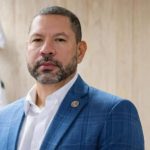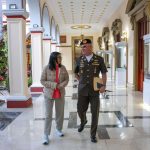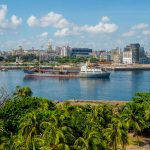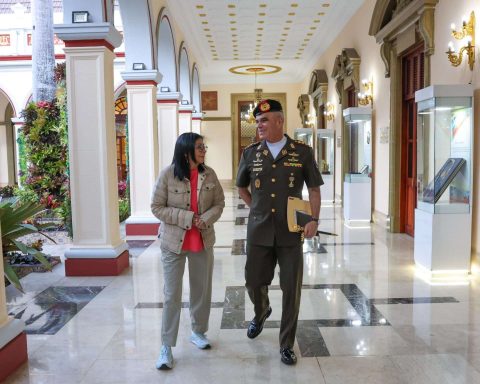The recent report by the independent observatory Urnas Abiertas: “Analysis of Local Power” points to the control exercised by the dictatorship of Daniel Ortega over the mayor’s offices in Nicaragua.
According to the analysis of the citizen observatory, the rupture of the democratic order, the perpetuity in power of Daniel Ortega, the co-optation of the State, the construction of a system of family government and crimes against humanity are the mechanisms in which the Nicaraguan regime generates absolute political control.
Related news: Open Ballot Boxes sees “impossible to organize credible municipal elections” under the total control of Ortega
Regarding the “independence” of the mayor’s offices, Urnas Abiertas indicated the survey that it presented in September of this year where it was concluded that the local development promoted by the municipal governments throughout the country is incipient with a score of 1.90 (scale from 1 to 5).
“In the same way, the population cataloged that all the mayor’s offices in the country have “little” transparency in accountability, with a
rating of 28.75 (scale from 1 to 100) », mentions the agency.
Given the authoritarianism of Daniel Ortega in the mayor’s offices, Open Ballot Boxes emphasized that throughout history, Nicaragua as an independent country “has
transited by anti-democratic and authoritarian regimes in which the human and political rights of citizens are flagrantly violated.
Political secretaries, mayors and police officers have power in the mayor’s offices
In the observatory study, the population consulted mentions that the three actors that exercise the greatest power in the municipalities are political secretaries, mayors and police chiefswhile deputy mayors and community leaders exercise it to a lesser extent, being perceived as «decorative figures».
Related news: Citizens of Jinotega call on the population not to participate in the November municipal elections
These three actors with the greatest power are the same ones that were worst evaluated by the citizens due to the arbitrariness with which they carry out their role, due to their political, repressive and anti-democratic nature against the majority of the population that is not related to the government. Sandinista.
Other characters that were mentioned with some type of power or influence are public officials, deputies or national politicians and companies that operate in the territory and have collusion or power ties with the regime, according to citizen opinion.
Based on the foregoing, Urnas Abiertas affirmed that in Nicaragua, in a generalized manner, there is an arbitrary exercise of power “which also lacks
legitimacy”.
Local power arbitrarily
Regarding the exercise of power in the departments, out of 10 people think that local power is exercised arbitrarily. Estelí, Granada and Matagalpa being the most scored —with a rank of 10—, followed by Chinandega, Masaya and Rivas with a score of 9.8.
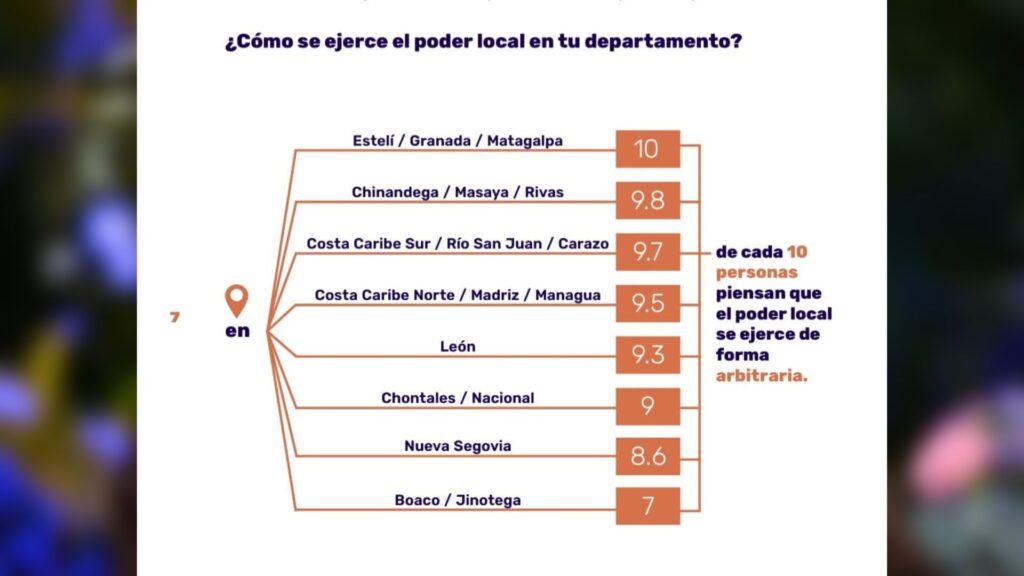
Then there are Costa Caribe Sur, Río San Juan, Carazo, with 9.7 and below that are Costa Caribe Norte, Madriz, Managua, with 9.5, a perception that is becoming more and more noticeable due to the repression experienced by those departments.
Mayors and deputy mayors are figureheads
As for the mayors and deputy mayors, the report revealed that some of them are “decorative figures”, since they do not exercise their authority as established by law.
On the other hand, there are municipal authorities that do not exercise their power in any way because they have been designated in a symbolic way, on many occasions it is due to the fact that some are controlled by police chiefs, who according to pattern 5 have received and concentrated greater power in their localities as a reward for the repression exerted against the opposition population as of 2018.
Related news: Open Ballot Boxes considers the possibility of “integrity and legitimate” municipal elections in Nicaragua null and void
The aspect of the non-generational change is also pointed out as one of the key elements of the FSLN. “Most of the actors that concentrate local power have been in their positions for a long time, one more sign that both at a particular level in local governments, and at a general level in the party, there is no generational change and caudillismo is totally installed” according to the report.
For the next municipal elections, scheduled for November 6, the Ortega regime seeks total control of all the communes, competing with political parties known to be collaborators and to be “decoration” for some questionable processes.








